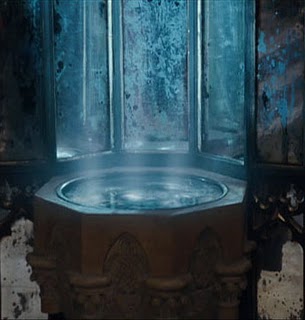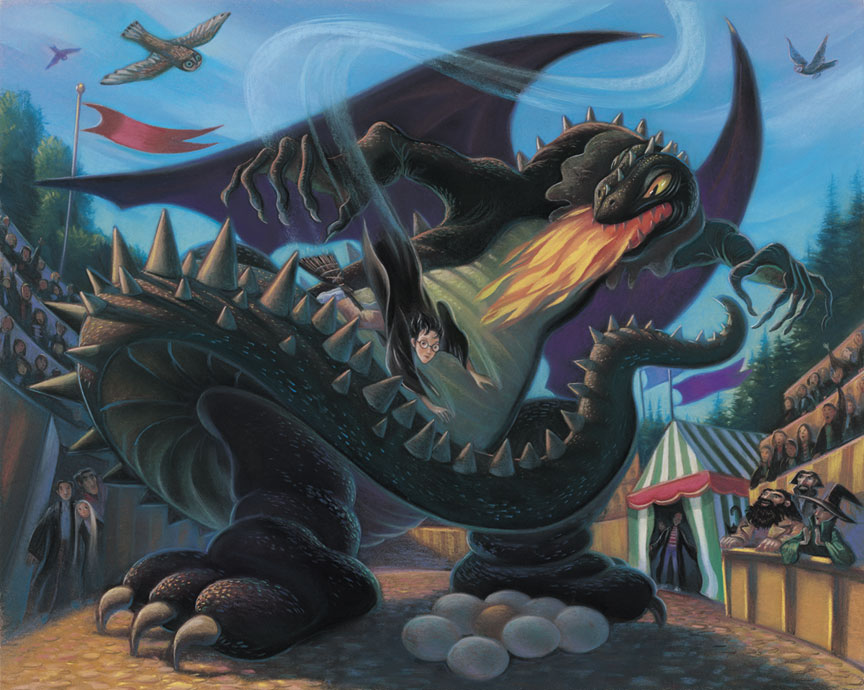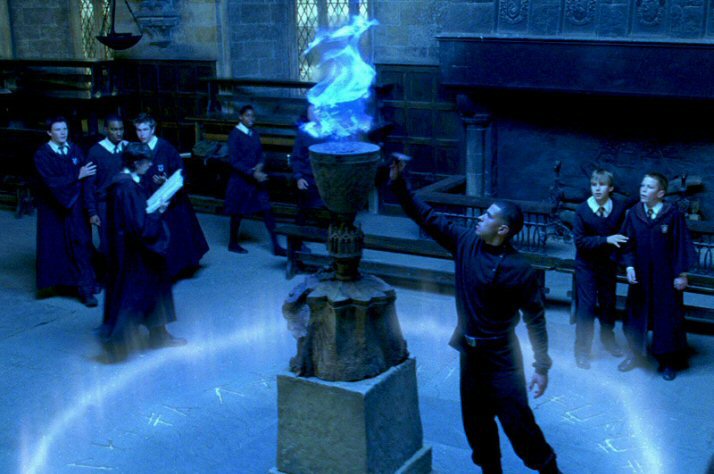 My most recent audio book was Conversion by Katherine Howe and read by Khristine Hvam. Conversion alternates between two stories. Colleen Rowley is a high school senior at St. Joan’s Academy in Danvers, Massachusetts. She’s currently in a heated competition for school valedictorian and is stressed about getting into Harvard. Her classmates suddenly develop mysterious ailments—one girl has an apparent seizure, but soon another girl is losing her hair, while others develop tics and coughing fits. What is going on?
My most recent audio book was Conversion by Katherine Howe and read by Khristine Hvam. Conversion alternates between two stories. Colleen Rowley is a high school senior at St. Joan’s Academy in Danvers, Massachusetts. She’s currently in a heated competition for school valedictorian and is stressed about getting into Harvard. Her classmates suddenly develop mysterious ailments—one girl has an apparent seizure, but soon another girl is losing her hair, while others develop tics and coughing fits. What is going on?
The other story is that of Ann Putnam, Jr., one of accusers in the Salem Witch Trials, and a real historical figure who later confessed to being “deluded by Satan” and apologized for her role in the deaths. As she tells the story of her involvement in the trials to Reverend Green, it becomes increasingly clear she’s still disturbed (which might not be historically accurate, but it was fun). What exactly caused the girls of Salem Village to think they were bewitched in 1692? And what was wrong with the girls at St. Joan’s 320 years later?
When Colleen is given an extra credit assignment by her AP US History teacher to read Arthur Miller’s The Crucible and write a paper about why Miller changed the details connected to some of the girls—Ann Putnam in particular—she discovers an eerie connection between the events in the Witch Trials and the girls’ illnesses at St. Joan’s that no one else seems to have noticed.
Katherine Howe has written about Salem before, particularly in The Physick Book of Deliverance Dane (which happens to be one of my favorite historical fiction novels). In fact, Deliverance Dane, her daughter Mercy, and her descendant Connie Goodwin all make cameo appearances in this novel (which I rather enjoyed). In this case, she was also inspired the the story of a mysterious illness that afflicted students at at high school in Le Roy, New York. The true cause of the “hysteria” in the Witch Trials has been debated, and we will likely never have an answer—just perhaps more plausible theories. In juxtaposing the events in modern-day Danvers (which used to be Salem Village) and Puritan Salem, Howe shows us it’s just possible that the girls were under a great deal of stress and that their treatment as girls and, in some cases, lower class servants, contributed to the deaths of innocent people when the witchcraft accusations began to fly. It’s certainly a plausible explanation and takes into account that perhaps the girls really were faking at first and later became caught up in a shared delusion.
Conversion is a highly enjoyable book that has a lot to say about the stress teenagers are under in today’s competition for grades and college spots and also the ways in which we discount teens’ voices. I should think that teenagers would find a lot to relate to, and at the same time, they would learn some interesting things about American history and literature.
The narrator, Khristine Hvam, did an excellent job not only capturing the voices of the teenaged girls, but also the old New England cadence of Ann Putnam’s speech. She was perfect for the novel, and she’s one of the better book narrators I’ve heard. I am really glad I listened to the audio book with the exception of one reason: the Author’s Note was not included in the reading, and it has some interesting information for readers. I had to track it down so I could read it.
I really liked this interview at Bustle and this other review at the Nerdy Book Club.
Rating: 




Audio Rating: 




(P. S.: Some of the novel is set in the past, but as the focus is more on the present, I have decided not to count it for the Historical Fiction Reading Challenge.)









